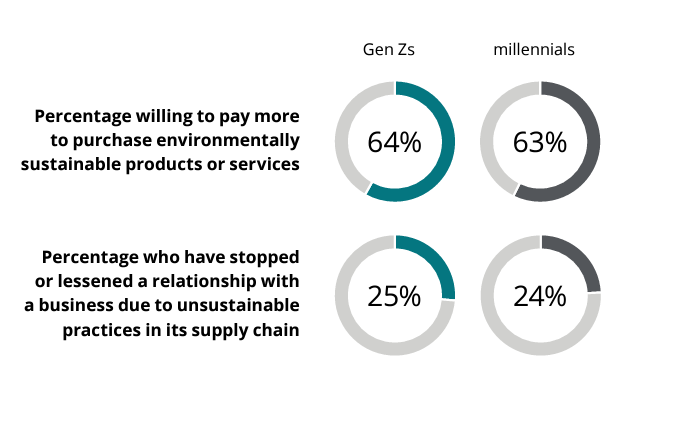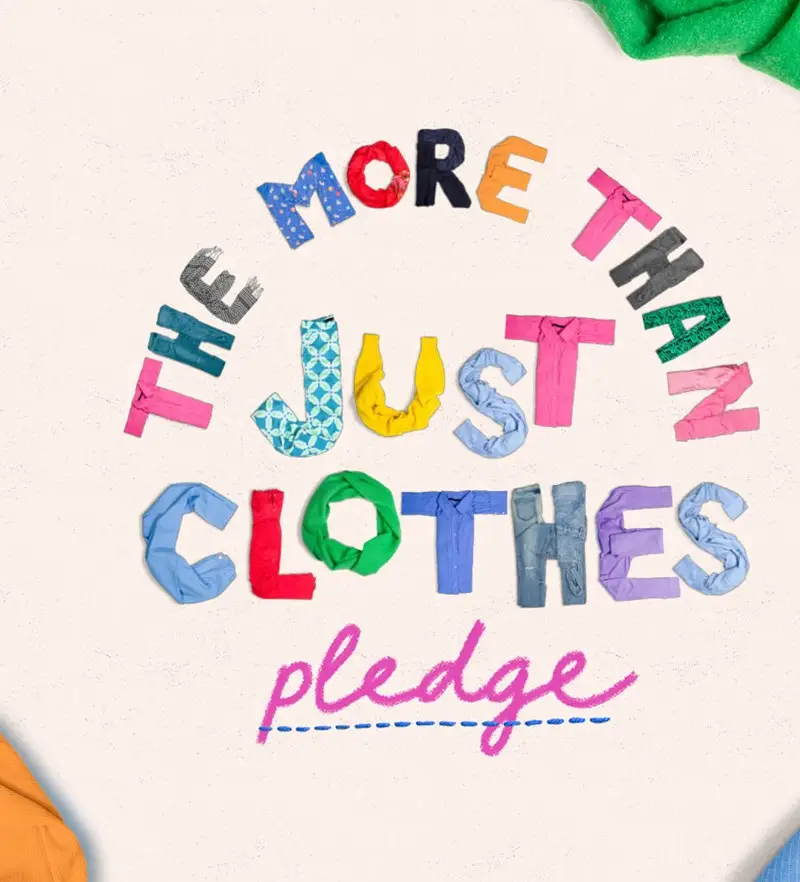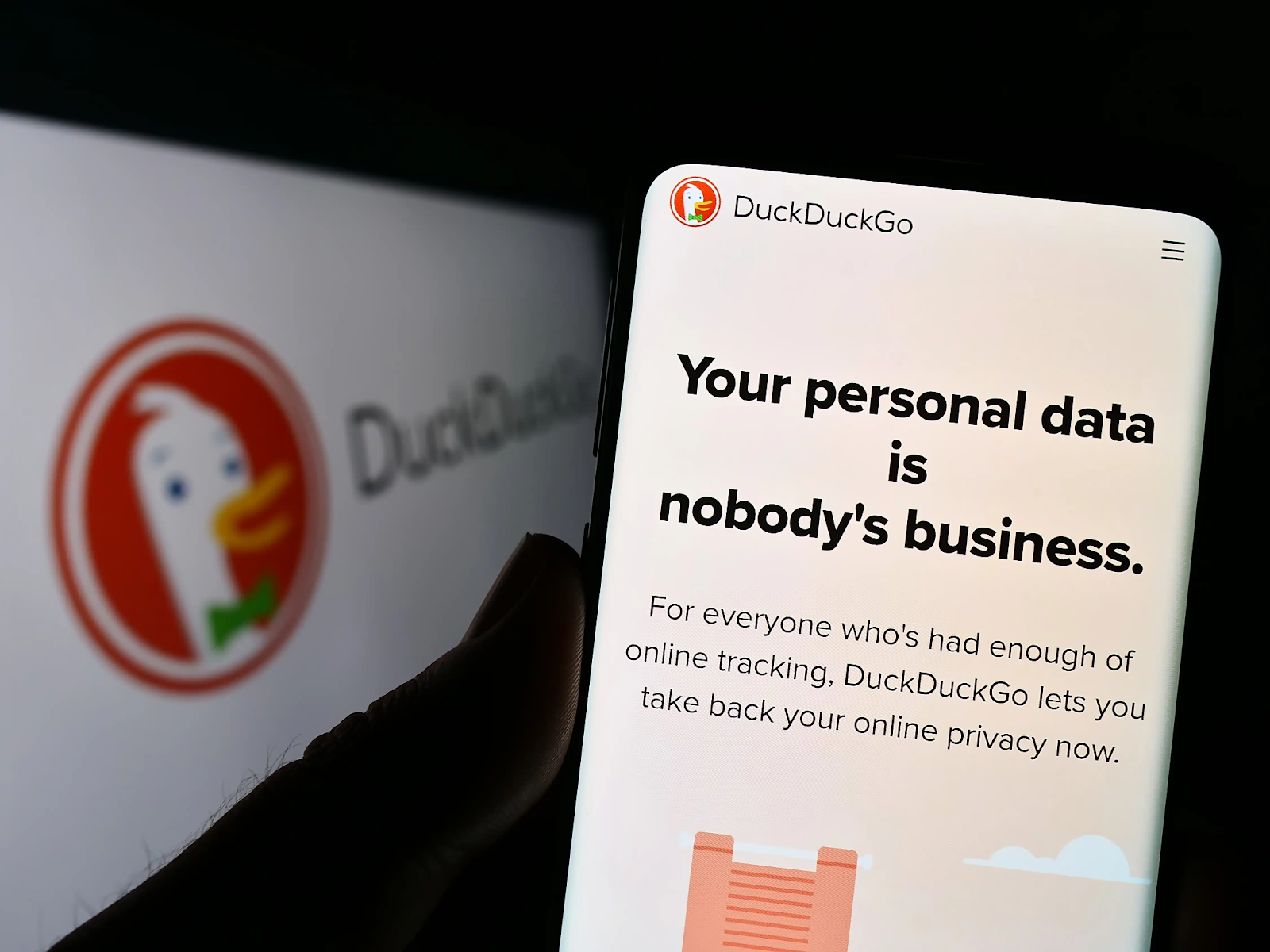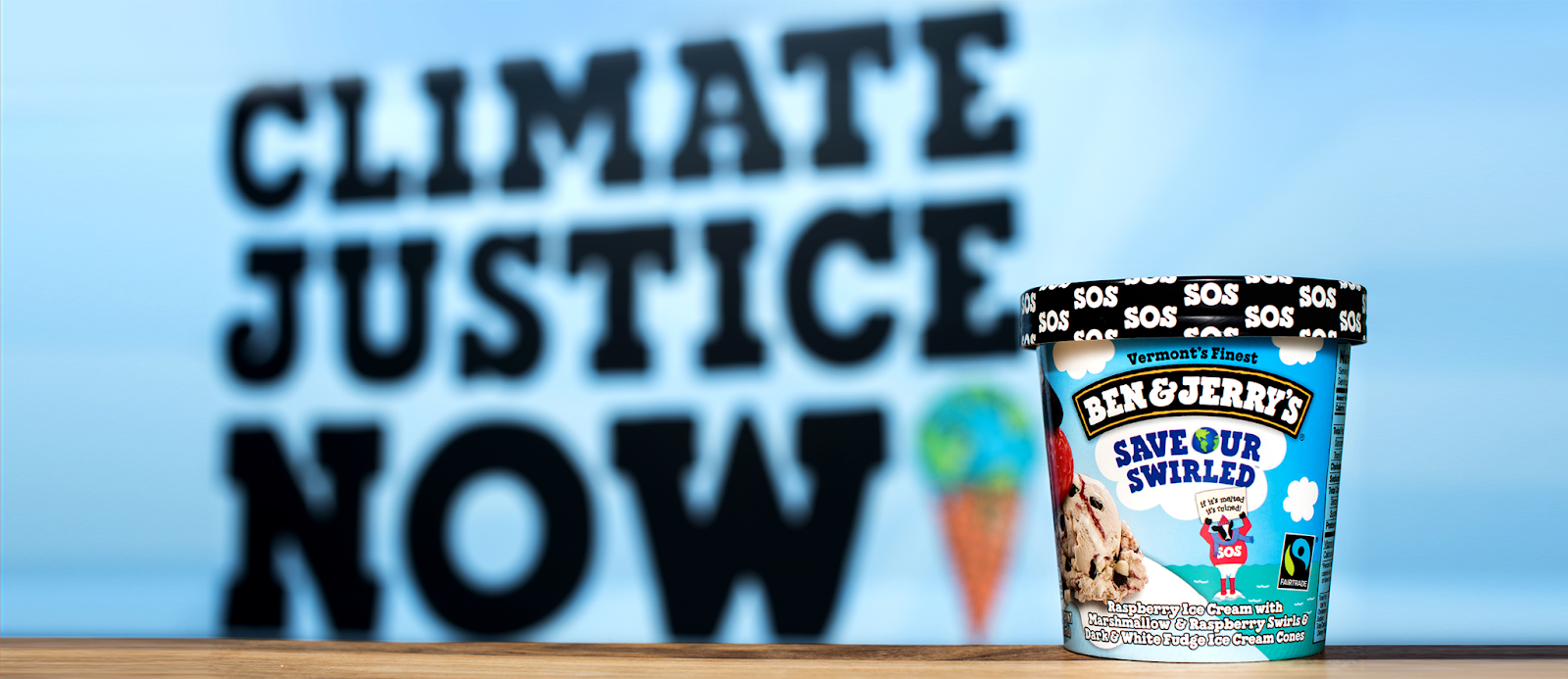Today’s consumers are more mindful than ever about the values and practices of the brands they support. Ethics now guide every aspect of brand strategy, including product development, messaging, targeting, and partnerships. In an age where one misleading claim can ignite a viral backlash, ethical marketing has evolved from a buzzword into a business necessity that directly influences brand perception, customer trust, and purchasing decisions.
At Mobupps, we recognize that ethical marketing is built on smart strategy. In this article, we’ll explore why ethical marketing is a must in 2025 and how to represent the brand ethically.
Ethical marketing is the practice of promoting products or services honestly, transparently, and fairly, with consideration for all stakeholders (customers, partners, employees) and the wider community. It means upholding integrity, rejecting manipulative tactics, and taking responsibility for the messages brands put into the world.
In recent years, ethical considerations have become increasingly central to shaping and receiving marketing. Consumers now demand more transparency, social accountability, and authenticity from the companies they engage with. As a result, brands are expected to demonstrate their values actively in place of just promises.
One major challenge is greenwashing, when a brand presents itself as environmentally friendly without taking real, measurable steps toward sustainability. Also known as "green sheen", this misleading practice attempts to win consumer favor through false environmental claims.
Public exposure of greenwashing and performative ethics has become a business killer, posing reputational risks. Some brands survived this and thrived by embracing radical transparency, authenticity, and social purpose as business imperatives.
Data confirms the trend: over 60% of Gen Z and Millennials now factor a brand’s ethics into their buying decisions. Consumers are scrutinizing sourcing, data privacy, storytelling, and corporate responsibility.

Source: Deloitte Global 2024 Gen Z and Millennial Survey
Let's take a closer look at real-life examples that are embracing ethical marketing in their campaigns.
Ethical marketing in 2025 stands on eight key principles, each addressing a core area of consumer trust.
1. Transparency
Truth is the foundation of trust. Consumers expect full disclosure everywhere in honest ingredient labels and candid pricing breakdowns. Brands like Everlane and Veja are showing their work: costs, materials, carbon footprint, and more.

Source: Vejs’s project series - Transparency
2. Inclusion
Representation must be systemic instead of symbolic. Inclusive marketing means campaigns reflect real-world diversity across gender, race, age, ability, and identity. But it also means inclusive hiring, accessibility, and thoughtful language use.

Source: Vanish - Project “Me, My Autism & I”
3. Sustainability
Eco-conscious branding requires more than buzzwords. Ethical brands today measure and share the real environmental impact of their products, and they design with longevity and circularity in mind. Patagonia’s supply chain reporting and Ecosia’s transparent tree planting are models of true commitment.

Source: Levi’s - Project “Buy Better, Wear Longer”
4. Data Ethics & Privacy
With biometric data and AI personalization becoming the norm, ethical marketers treat privacy as a right that everybody has. Apple’s opt-in policies and DuckDuckGo’s tracking-free model show that data protection can be a brand strength.

5. Authentic Storytelling
Forget polished narratives. Consumers want to hear your real story, including struggles and issues. Brands like Airbnb and TOMS built emotional bonds through transparent, values-led storytelling that goes beyond the transactional.

Source: Airbnb - Campaign “That’s why we Airbnb”
6. Social Impact
Consumers want brands to take a stand on disaster questions and follow it up with action. Ben & Jerry’s, for example, embeds activism into their operations, not just their advertising.

Source: Ben & Jerry’s - Project about activism
Ethical marketing is rather more a culture than a campaign. Successful brands integrate ethical standards into every department. There are a few tips to get you started:
Remember: If it’s not practiced internally, it won’t be believed externally.

While ethical marketing is increasingly seen as a must-have, putting it into practice isn’t always straightforward. As brands aim to align values with action, they face several internal and external obstacles that can impact how effectively they deliver on ethical promises.
1. Consumer Skepticism Is Still High
Even with rising awareness and demand for ethical behavior, many consumers remain wary. Years of greenwashing, where companies exaggerate or fabricate environmental claims, have made people cautious. Shoppers don’t want to hear about sustainability or fairness; they want to see proof. Brands that fail to follow through with transparent, meaningful actions risk being called out publicly or, worse, ignored altogether. To earn and keep trust, companies must go beyond surface-level messaging and commit to long-term accountability.
2. Ethical Practices Often Come with a Price Tag
Implementing ethical standards isn't always cheap. Sourcing produced materials, paying fair wages, or investing in community initiatives can come at a higher operational cost. For small and medium-sized businesses in particular, these expenses can be daunting and may even create a competitive disadvantage when up against larger companies with deeper pockets. This makes creative, resource-efficient approaches to ethical operations more important than ever.
3. Balancing Purpose with Profit
One of the toughest challenges is reconciling ethical commitments with business performance. It’s easy to make values-based decisions when times are good, but what happens when growth slows or costs rise? For many organizations, the pressure to hit short-term financial targets can clash with long-term ethical goals. Brands that succeed in this space will be those that embed ethics into the core of their strategy as a driver of long-term value.
4. The Authenticity Imperative
Finally, authenticity is everything. Consumers can spot a PR stunt from a mile away. Ethical marketing must be rooted in real, consistent behavior across the business. That means aligning internal culture, product development, and brand storytelling to reflect the same set of values. Any disconnect between what a company says and what it does can quickly erode credibility and trust.
To sum up, Mobupps wants to highlight one thing. Ethical marketing is no longer a niche or a tactic; it’s the standard. And in the next years, brands will see that meaningful and profitable connections are built on ethics and sustainability.
Today’s consumers are more mindful than ever about the values and practices of the brands they support. Ethics now guide every aspect of brand strategy, including product development, messaging, targeting, and partnerships. In an age where one misleading claim can ignite a viral backlash, ethical marketing has evolved from a buzzword into a business necessity that directly influences brand perception, customer trust, and purchasing decisions.
At Mobupps, we recognize that ethical marketing is built on smart strategy. In this article, we’ll explore why ethical marketing is a must in 2025 and how to represent the brand ethically.
Ethical marketing is the practice of promoting products or services honestly, transparently, and fairly, with consideration for all stakeholders (customers, partners, employees) and the wider community. It means upholding integrity, rejecting manipulative tactics, and taking responsibility for the messages brands put into the world.
In recent years, ethical considerations have become increasingly central to shaping and receiving marketing. Consumers now demand more transparency, social accountability, and authenticity from the companies they engage with. As a result, brands are expected to demonstrate their values actively in place of just promises.
One major challenge is greenwashing, when a brand presents itself as environmentally friendly without taking real, measurable steps toward sustainability. Also known as "green sheen", this misleading practice attempts to win consumer favor through false environmental claims.
Public exposure of greenwashing and performative ethics has become a business killer, posing reputational risks. Some brands survived this and thrived by embracing radical transparency, authenticity, and social purpose as business imperatives.
Data confirms the trend: over 60% of Gen Z and Millennials now factor a brand’s ethics into their buying decisions. Consumers are scrutinizing sourcing, data privacy, storytelling, and corporate responsibility.

Source: Deloitte Global 2024 Gen Z and Millennial Survey
Let's take a closer look at real-life examples that are embracing ethical marketing in their campaigns.
Ethical marketing in 2025 stands on eight key principles, each addressing a core area of consumer trust.
1. Transparency
Truth is the foundation of trust. Consumers expect full disclosure everywhere in honest ingredient labels and candid pricing breakdowns. Brands like Everlane and Veja are showing their work: costs, materials, carbon footprint, and more.

Source: Vejs’s project series - Transparency
2. Inclusion
Representation must be systemic instead of symbolic. Inclusive marketing means campaigns reflect real-world diversity across gender, race, age, ability, and identity. But it also means inclusive hiring, accessibility, and thoughtful language use.

Source: Vanish - Project “Me, My Autism & I”
3. Sustainability
Eco-conscious branding requires more than buzzwords. Ethical brands today measure and share the real environmental impact of their products, and they design with longevity and circularity in mind. Patagonia’s supply chain reporting and Ecosia’s transparent tree planting are models of true commitment.

Source: Levi’s - Project “Buy Better, Wear Longer”
4. Data Ethics & Privacy
With biometric data and AI personalization becoming the norm, ethical marketers treat privacy as a right that everybody has. Apple’s opt-in policies and DuckDuckGo’s tracking-free model show that data protection can be a brand strength.

5. Authentic Storytelling
Forget polished narratives. Consumers want to hear your real story, including struggles and issues. Brands like Airbnb and TOMS built emotional bonds through transparent, values-led storytelling that goes beyond the transactional.

Source: Airbnb - Campaign “That’s why we Airbnb”
6. Social Impact
Consumers want brands to take a stand on disaster questions and follow it up with action. Ben & Jerry’s, for example, embeds activism into their operations, not just their advertising.

Source: Ben & Jerry’s - Project about activism
Ethical marketing is rather more a culture than a campaign. Successful brands integrate ethical standards into every department. There are a few tips to get you started:
Remember: If it’s not practiced internally, it won’t be believed externally.

While ethical marketing is increasingly seen as a must-have, putting it into practice isn’t always straightforward. As brands aim to align values with action, they face several internal and external obstacles that can impact how effectively they deliver on ethical promises.
1. Consumer Skepticism Is Still High
Even with rising awareness and demand for ethical behavior, many consumers remain wary. Years of greenwashing, where companies exaggerate or fabricate environmental claims, have made people cautious. Shoppers don’t want to hear about sustainability or fairness; they want to see proof. Brands that fail to follow through with transparent, meaningful actions risk being called out publicly or, worse, ignored altogether. To earn and keep trust, companies must go beyond surface-level messaging and commit to long-term accountability.
2. Ethical Practices Often Come with a Price Tag
Implementing ethical standards isn't always cheap. Sourcing produced materials, paying fair wages, or investing in community initiatives can come at a higher operational cost. For small and medium-sized businesses in particular, these expenses can be daunting and may even create a competitive disadvantage when up against larger companies with deeper pockets. This makes creative, resource-efficient approaches to ethical operations more important than ever.
3. Balancing Purpose with Profit
One of the toughest challenges is reconciling ethical commitments with business performance. It’s easy to make values-based decisions when times are good, but what happens when growth slows or costs rise? For many organizations, the pressure to hit short-term financial targets can clash with long-term ethical goals. Brands that succeed in this space will be those that embed ethics into the core of their strategy as a driver of long-term value.
4. The Authenticity Imperative
Finally, authenticity is everything. Consumers can spot a PR stunt from a mile away. Ethical marketing must be rooted in real, consistent behavior across the business. That means aligning internal culture, product development, and brand storytelling to reflect the same set of values. Any disconnect between what a company says and what it does can quickly erode credibility and trust.
To sum up, Mobupps wants to highlight one thing. Ethical marketing is no longer a niche or a tactic; it’s the standard. And in the next years, brands will see that meaningful and profitable connections are built on ethics and sustainability.

